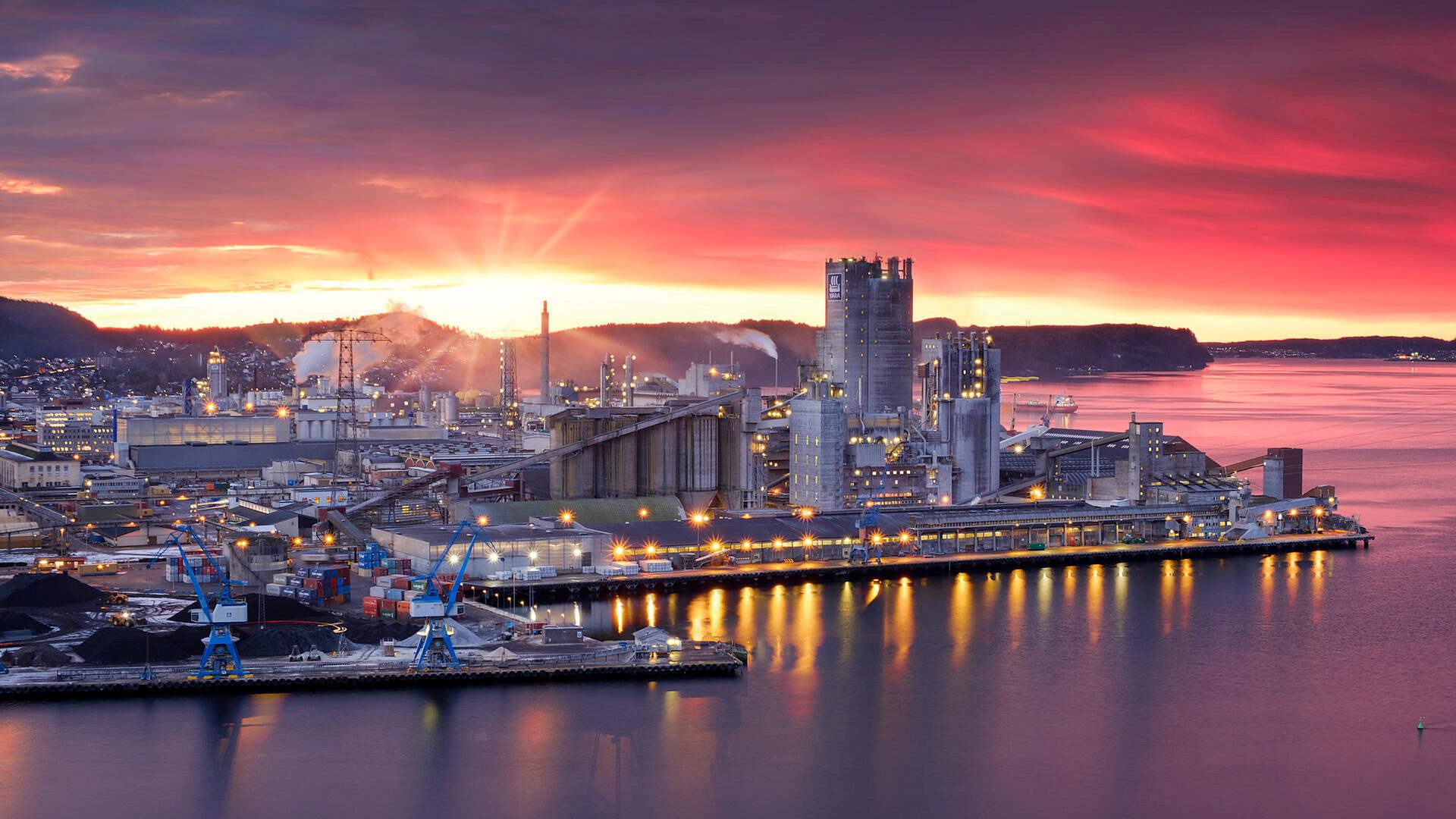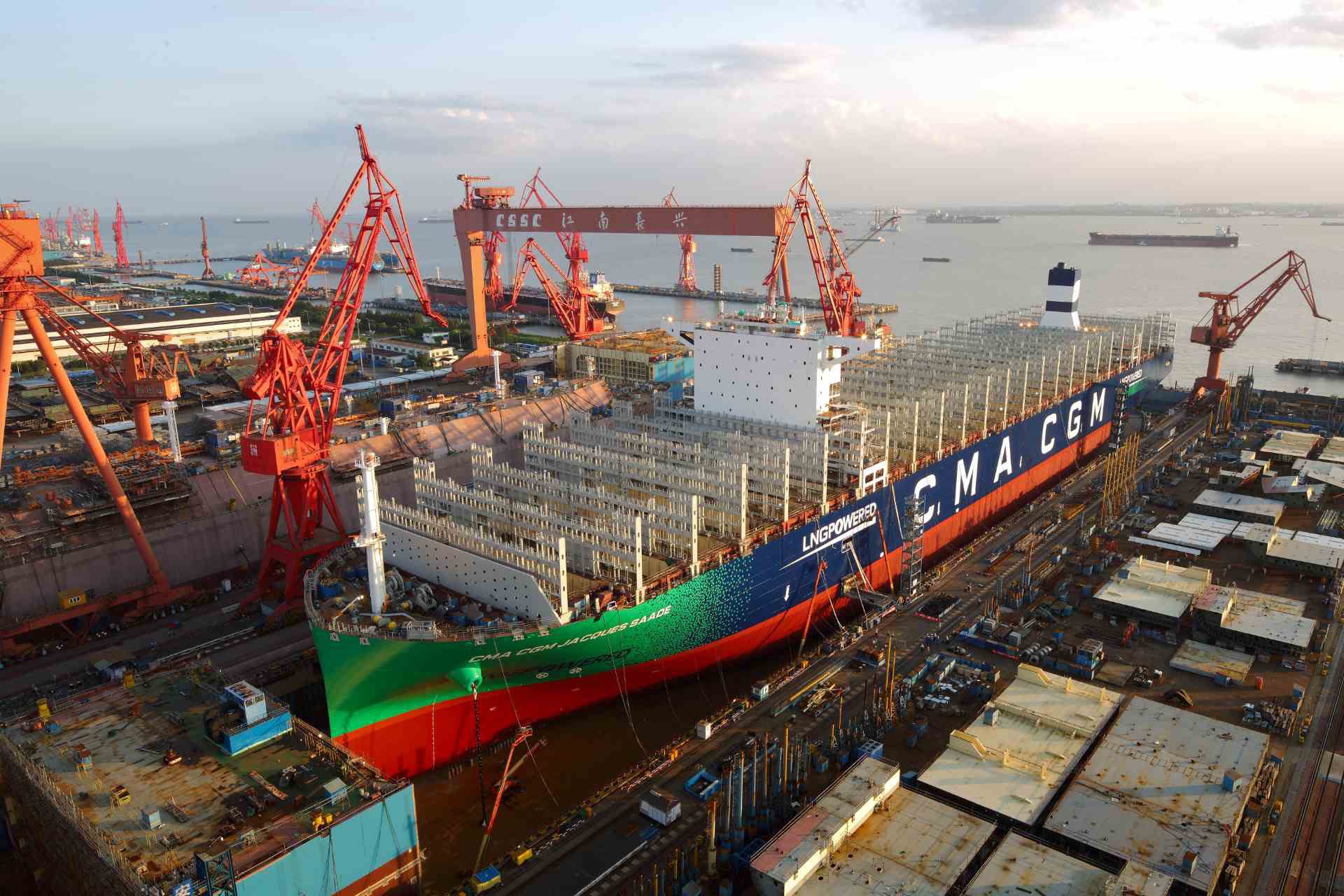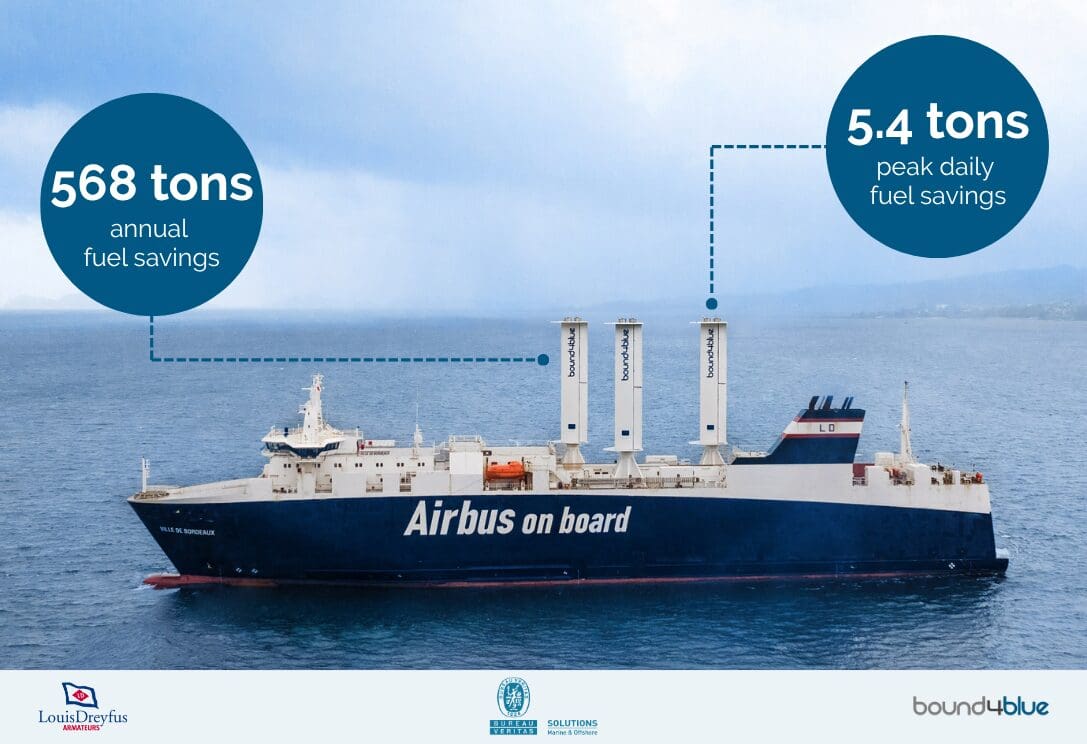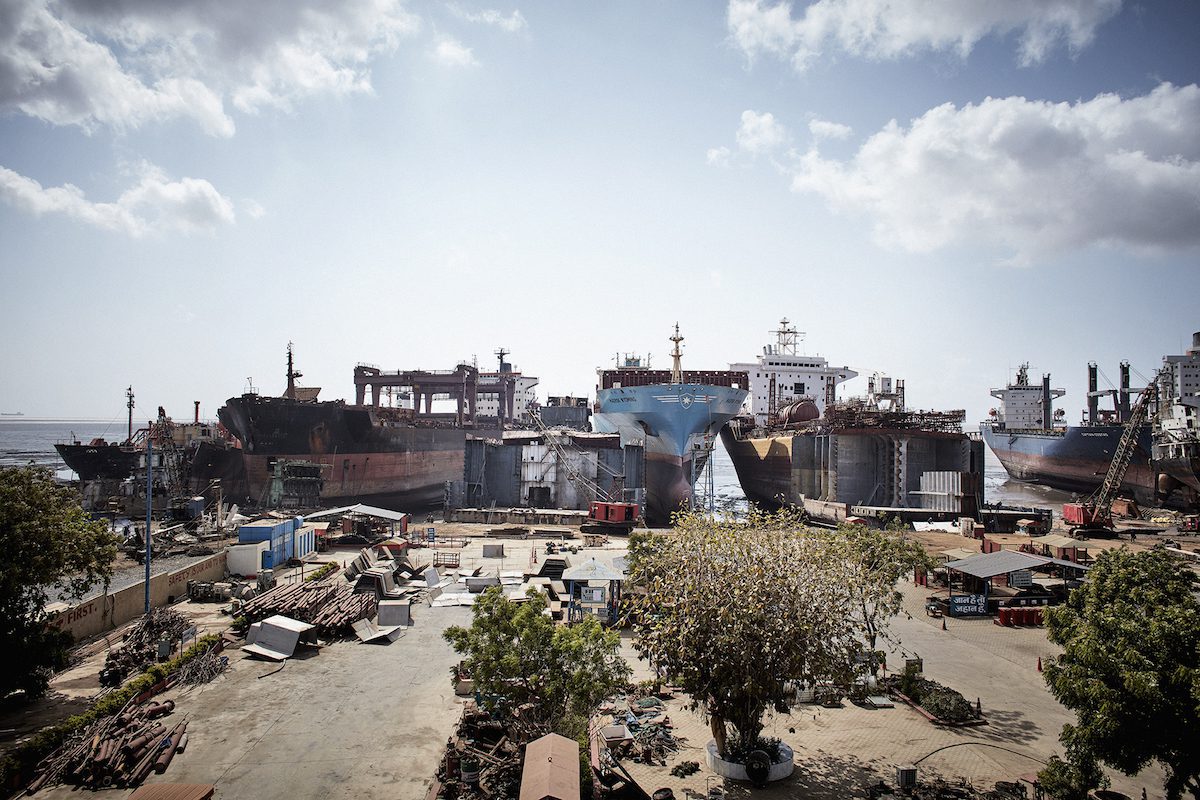“How do we get from today to the future?”, was a question presented to David Cummins, the President and CEO of the Blue Sky Maritime Coalition, a group working on decarbonization of North American shipping (which includes a significant long-lived inland waterway component), in a Marine Money panel showcasing the efforts of industry associations.
His answer- “…thinking about the future, and backing up to what we need to do today…” might be a better alternative than taking incremental steps forward. In a refreshing variant on the rejoinders typical of such panels, Mr. Cummins, who was previously a top executive with an oil “Major”, posed a hypothetical suggestion- “Suppose that in 2050, every vessel is autonomous…and [port calls/ship movements] are optimized by Artificial Intelligence…then what do you have to do to transition to it?”
He added: “That’s the kind of thinking that we need to get there (referring to decarbonized shipping realm)…Many organizations are starting with a roadmap of what success looks like…then you have to back up to actions. You’ll never get there if you think only about individual problems.”
Another panel member, Johannah Christensen, the Chief Executive Officer of the all-important Global Maritime Forum (a consortium of vessel owners and other industry stakeholders), quickly added: “There is a wholesale transformation that needs to take place…I don’t think that anyone promised that it was going to be smooth.”
The third and final day of the Marine Money Climate week brought a mix of big picture discussions (such as Mr. Cummins’ panel) looking at shipping’s uncertain path ahead, and at presentations from technology providers- showing off a few of the actual enablers of the big transition.
Guy Platten, the Secretary General of the International Chamber of Shipping (ICS), an umbrella organization for numerous industry bodies, emphasized the need to look beyond vessels. He explained: “We must, as a society at large, not just shipping, look at how are we going to produce all these zero carbon fuels at scale…that’s almost the elephant in the room. It does not matter how many zero carbon ships you produce- if there’s no fuel there to run them- it’s going to be a real issue.”
Platten went on to cite a big opportunity for shipowners- moving zero carbon fuels (an example being “green” ammonia) from where they are going to be produced (“…a democratization of the energy landscape…” in the words of Ms. Christensen) to places where they will be consumed; the ICS will soon be releasing a report on this subject. Mr. Cummins, from the Blue Sky Coalition, also alluded to value destruction as trade patterns shift, and technology changes, noting that “…the telephone was not good for carrier pigeons.”
Green ammonia, which comes from hydrogen separated from water by electrolysis powered by alternative energy such as a wind turbine (instead of from methane- a fossil fuel), was the subject of an excellent company presentation by Yara International- a leading supplier of nitrogen based fertilizers based in Norway. Yara (active across Europe, Asia and the Americas- with multiple marine ammonia terminals) is now pivoting to green ammonia production- and looking closely at the emerging market for fueling vessels using its infrastructure.
Other company presentations looked at batteries, hydrogen fuel cells, and wind turbine installations. Carrier pigeons notwithstanding, maritime fossil fuel consumption may not disappear entirely- one of the company presentations featured an early stage carbon capture technology developer looking at the potential of deploying its kit, in retrofit mode, aboard existing vessels that are not getting to zero carbon status!

 Join The Club
Join The Club











